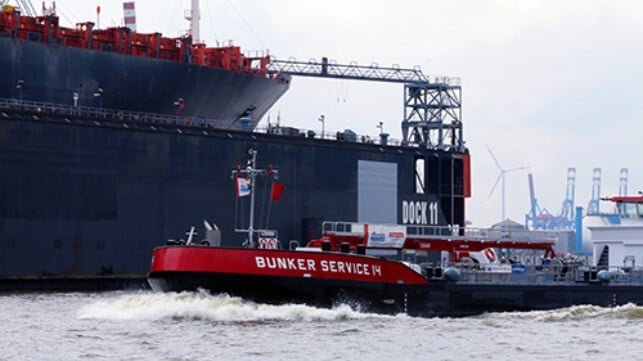Clean Seas Ahead: Scrubbers Emerge as Greener Shipping Solution, Study Reveals

Since the International Maritime Organization (IMO) implemented a groundbreaking global sulfur cap on marine fuel oil in 2020, the maritime industry has been navigating through uncharted waters of uncertainty and transformation. This landmark regulation, aimed at dramatically reducing environmental pollution, has sparked intense discussions and strategic shifts across shipping sectors worldwide.
The sulfur cap, which dramatically lowered permissible sulfur emissions from 3.5% to just 0.5%, represents a pivotal moment in maritime environmental policy. Shipping companies have been compelled to explore innovative solutions, ranging from installing advanced exhaust gas cleaning systems to investing in cleaner fuel alternatives like liquefied natural gas (LNG) and low-sulfur marine gasoil.
These changes have not only challenged traditional operational practices but have also triggered significant economic implications. Ship owners and operators have faced substantial investment costs, while fuel suppliers have rapidly adapted their product offerings to meet the stringent new standards. The maritime industry's response has been a complex dance of technological innovation, economic adaptation, and environmental responsibility.
As the global shipping community continues to adjust to these transformative regulations, the long-term impacts on maritime economics, technological development, and environmental sustainability remain an evolving narrative of global significance.
